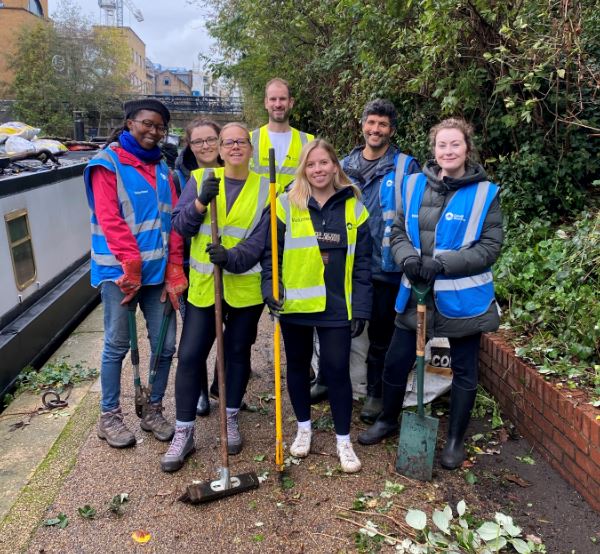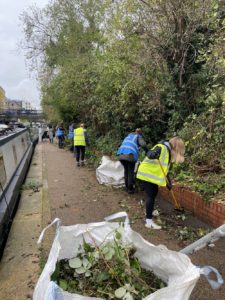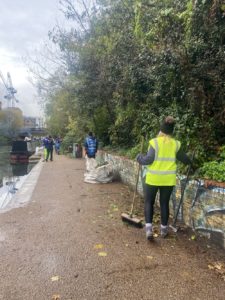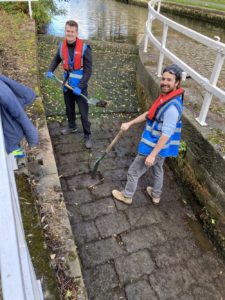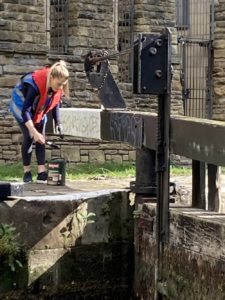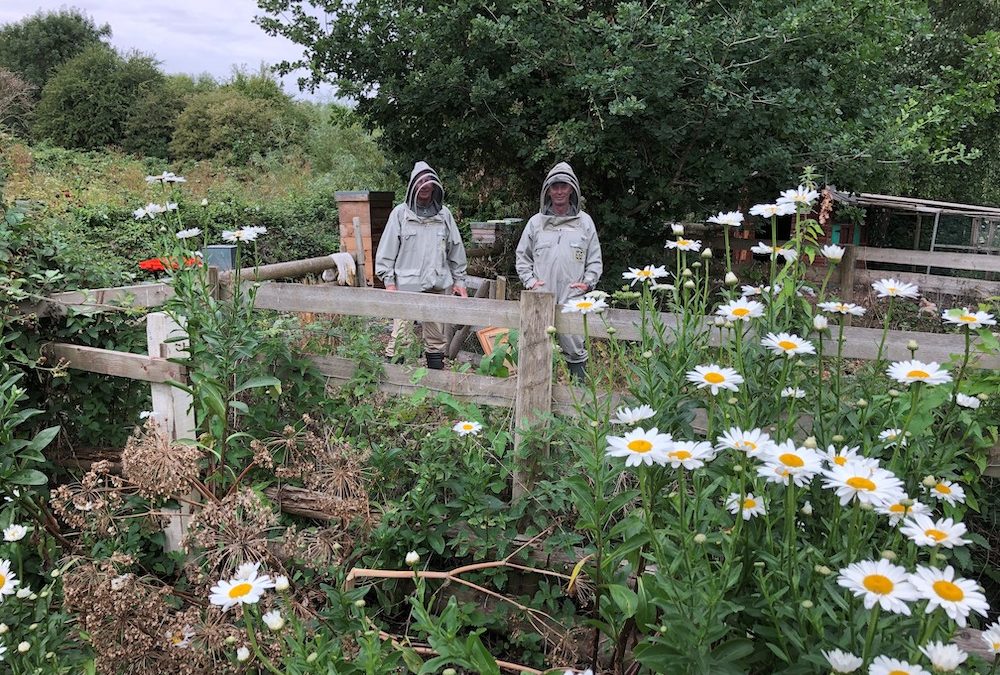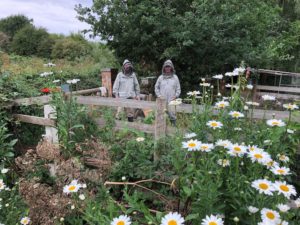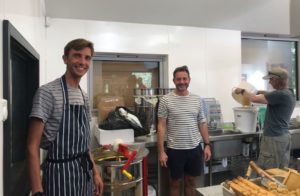An LSA Update on Climate Week NYC
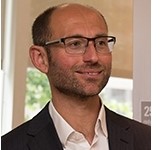
Matt Sparkes, co-chair of the LSA and Sustainability Director at Linklaters, spent last week at Climate Week NYC. We asked him for his thoughts…
Let’s get the irony over before we begin. Yes, there is some absurdity in travelling thousands of miles to bump into those who work just across the street and, yes, hours in a plane is, well…
Truth is, if we were not here in person, we would not find the time to talk, to listen and to learn. We wouldn’t be exposed to new developments, to get a feel for others’ progress and to strike new connections that may or may not be the partnerships of tomorrow. I would not now know – or be reflecting upon – the challenges of turning a city (Bristol) green. I would still be underplaying the importance of governance in a Just Transition. I would still be believing that everyone else knows that much more.
It has been a vibrant, eclectic and chaotic week. The United Nations Global Compact Leaders’ Summit was a platform for launches and celebrations of topics ranging from a living wage to corruption and from human rights to, of course, climate change. It was vast in range and vast in scale (and perhaps too vast for workshops, if truth be told). By contrast, the Bill & Melinda Gates Foundation ‘Goalkeepers’ event was tightly-packed, brightly-coloured and unrelentingly moving as it showcased again and again how the SDGs really must be addressed. Alongside these was a thoughtfully curated Climate Action event which, with an eye to #COP, presented a good case as to why the bandwagon should relocate in its entirety to Dubai in a few more weeks. And that is why these things are tricky. In a virtual world where attention is hard to maintain, even without the cover of ‘camera off’, there is no substitute for meeting face-to-face and being focused and engaged throughout. Those moments where you bump into colleagues and have time to chat and those sessions where you really can follow up with questions, discussion and dates in the diary.
Perhaps we shouldn’t need to go far, far away to achieve these things but that’s the way it is and I’ll be heading home energised by conversation, reacquainted with some bright and engaging people and ready to pick up the baton once again. Bouncing from one capital’s conference centre to another (as many still seem to do) does seem an odd way of making progress but, for those of us for whom this is rather more annual, it is an injection of insight, energy and, yes, hope and we all need more of that every so often, don’t we?
About Matt Sparkes
Matt is co-chair of the LSA and Sustainability Director at Linklaters. Matt leads Linklaters work on responsible business globally, ensuring that the firm’s own ESG performance reflects all stakeholder expectations and the advice provided to clients on many related themes. Matt is active in a range of sustainability networks including as EMEA Chair of Business for Societal Impact and as co-chair of the Legal Sustainability Alliance. He is also a Board Member and Trustee of the UNGC-UK Network, is vice-chair of the Living Wage Foundation and, in his spare time, was until recently proud to act as chair of an east London employability charity.

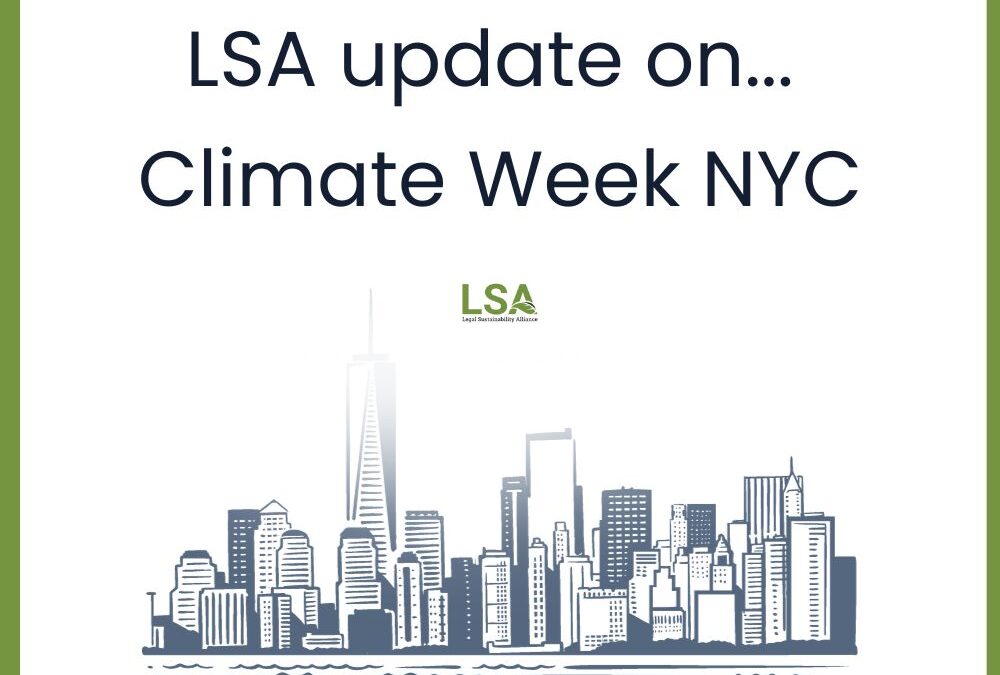
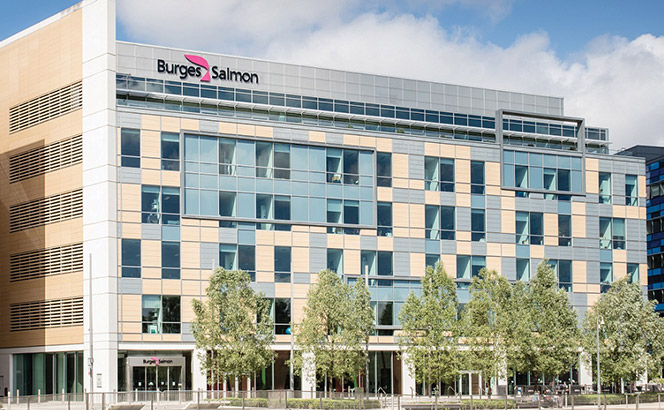

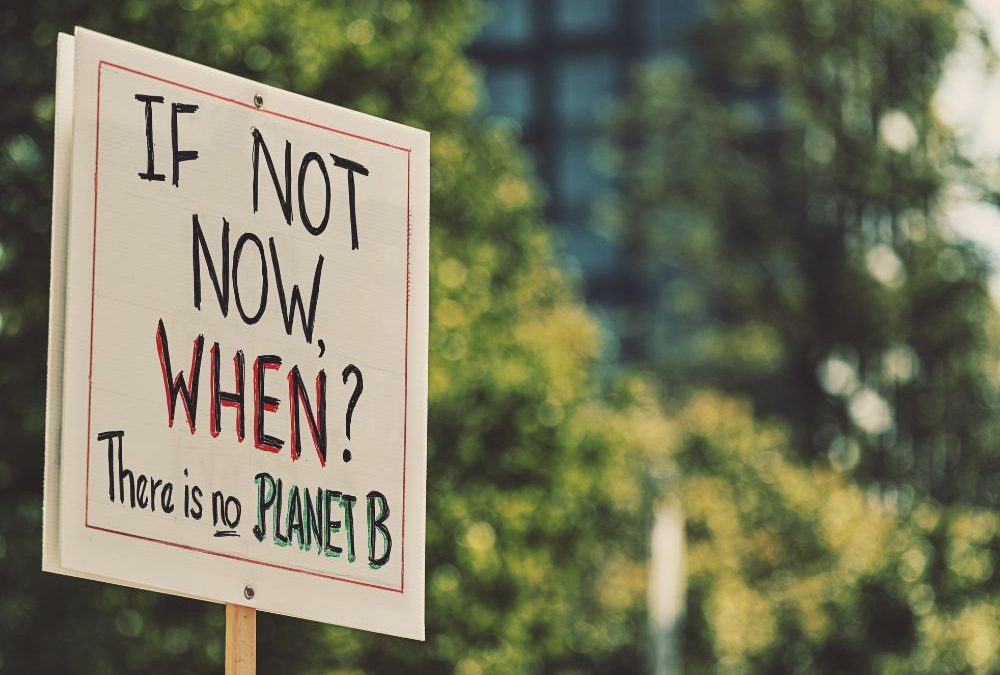
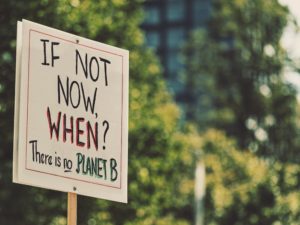 We had our hopes pinned on COP27, billed as Africa’s COP, for many reasons.
We had our hopes pinned on COP27, billed as Africa’s COP, for many reasons. So will COP27 be remembered as ‘the one in which the 1.5-degree goal died?’ Where irreversible climate breakdown became inevitable? Has it been a failure, and if so – what can we take away to ensure COP28 in Dubai gets us back on track? What is the secret of a successful COP?
So will COP27 be remembered as ‘the one in which the 1.5-degree goal died?’ Where irreversible climate breakdown became inevitable? Has it been a failure, and if so – what can we take away to ensure COP28 in Dubai gets us back on track? What is the secret of a successful COP?